The workshop was held in Malmö (Sweeden) at World Maritime University (WMU) coordinated by Prof M.S. Wisz . The international shipping sector is an essential part of society and the global economy; it also contributes to biodiversity loss, climate change and pollution. Mitigating the impacts of shipping on the environment is an urgent mission. Mitigation strategies require integrative approaches that combine ambitious levels of science, technology, naval architecture, capacity building, and governance that ensure justice and equity. Recent developments such as IMO’s 2050 net-zero target, the Kunming-Montreal Biodiversity Framework, the UNFCCC Ocean-Climate dialogues, and the UNEA platform for People and Planet bode for momentous and rapid changes to the shipping sector to restore ocean health, biodiversity and climate. The new BBNJ treaty will likely also have implications for the impacts of international shipping. Our workshop will discuss the challenges and opportunities for the future of shipping at the biodiversity and climate nexus. We will co-create a visionary road map to mitigate sources of biodiversity loss, climate change and pollution from shipping. We will highlight opportunities for ocean, climate and biodiversity protection through new technology, policies, regulations, and area based management. Our event will engage experts representing science, law, policy, governance, industry and the IMO. SusTunTech was presented as a successful example from fisheries. The workshop gathered over 30 Participants (balancing expertise, geography, gender etc) including scientists, maritime experts (maritime and ocean policy/ governance, etc), International Maritime Organization (IMO), representatives from industry (e.g. maritime insurance, classification societies, shipowners), and civil society.
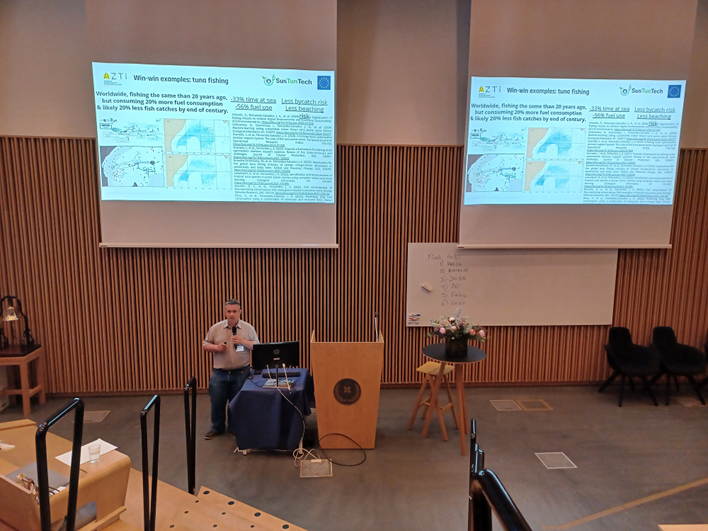
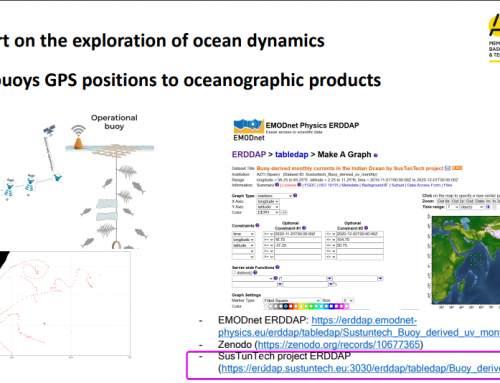
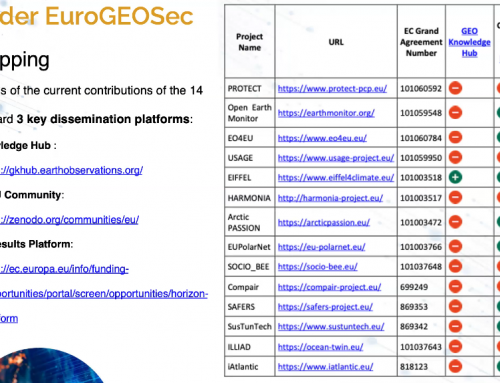
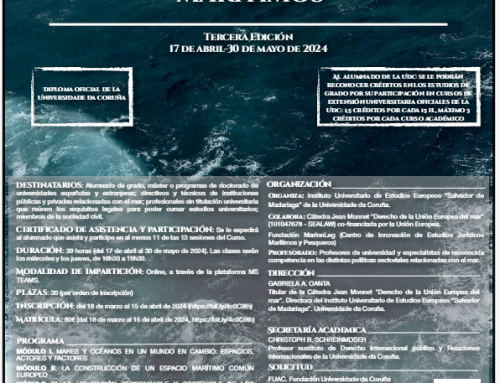
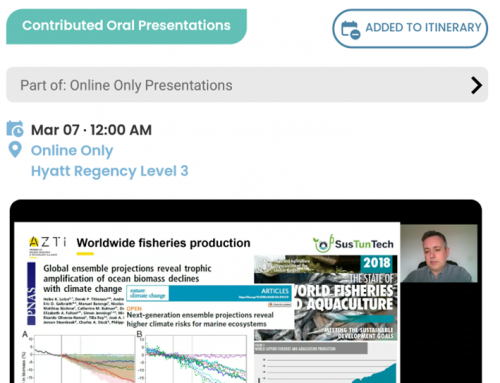
Leave A Comment